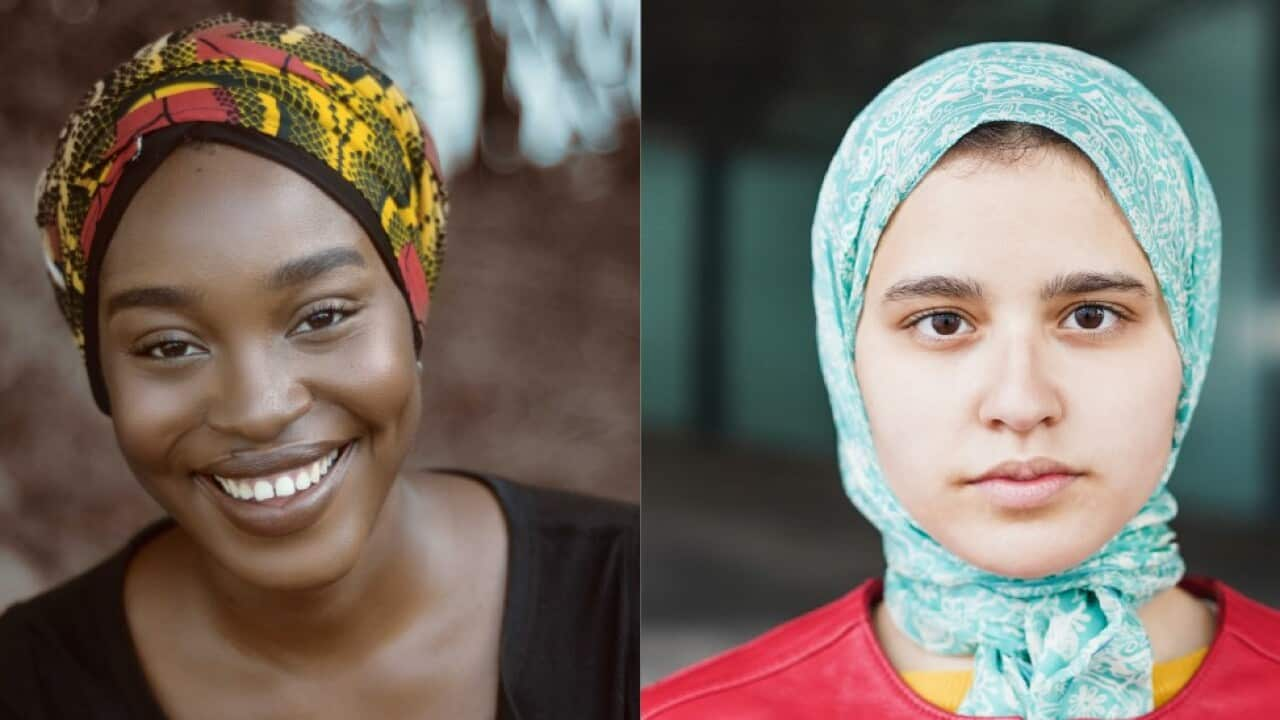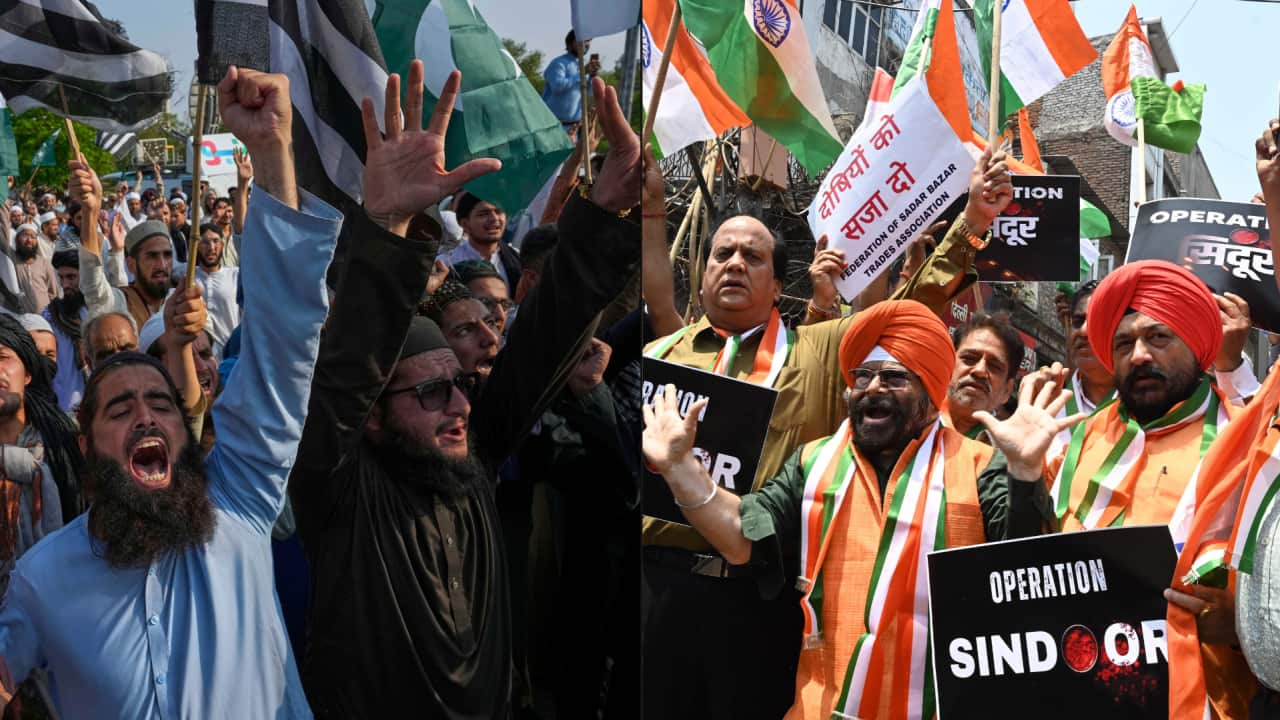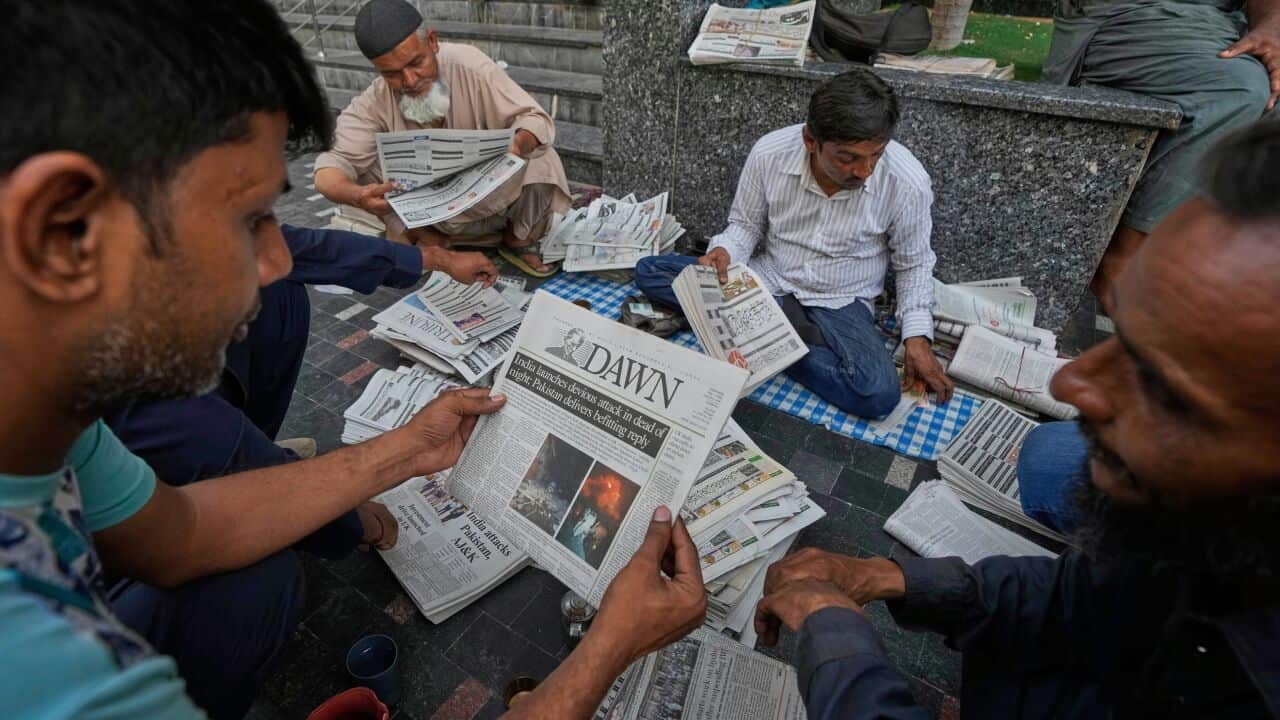The report investigated the economic participation of migrant and refugee women in Australia.
It found that migrant and refugee women born in low and middle-income countries are, on average, better educated than Australian-born women.
Yet, they are more likely to be underemployed, despite wanting to work full-time, often due to unrecognised qualifications.
The paper also shows they are more likely to be employed in roles below their education and experience.
Katy Gallagher says the government is working on strategies to address the situation, including an employment white paper that recognises women's economic equality as a key priority for economic growth and productivity.
"We are currently driving important work in the connected areas of migration, employment and gender equality. The government is undertaking a comprehensive review of Australia's migration system, which is due to report in February 2023. It will identify reforms that will enable us to unlock the potential of all migrants. I encourage you to contribute through the submission process and help shape this system."
Chair of the National Refugee-led Advisory and Advocacy Group, Shabnan Safa, says it's not surprising to see high levels of education within the demographic of refugee and migrant women.
"Refugees do have a high drive for education because you know, when so much in your life has happened without your control over it and you've had to just go with the flow, you try to establish control and credibility as much as possible. When you constantly keep getting reduced to all of these labels you want to bring in as much expertise and skills and knowledge from other angles as much as possible, and therefore it's not surprising."
Ms Safa says it's crucial to focus on the strength and resourcefulness of these women.




